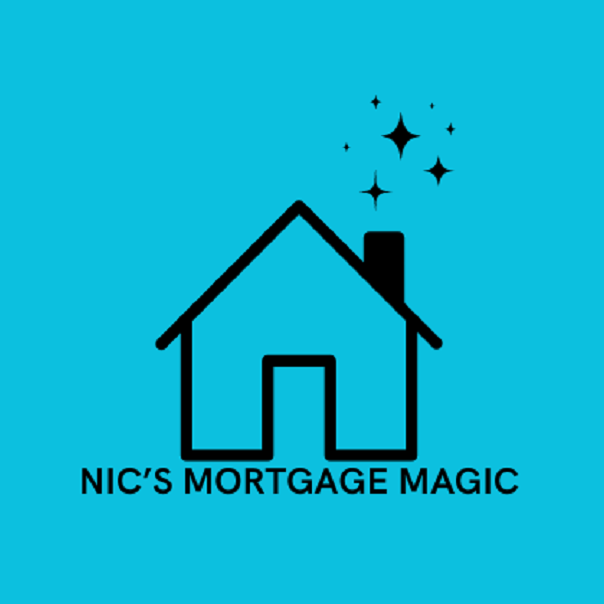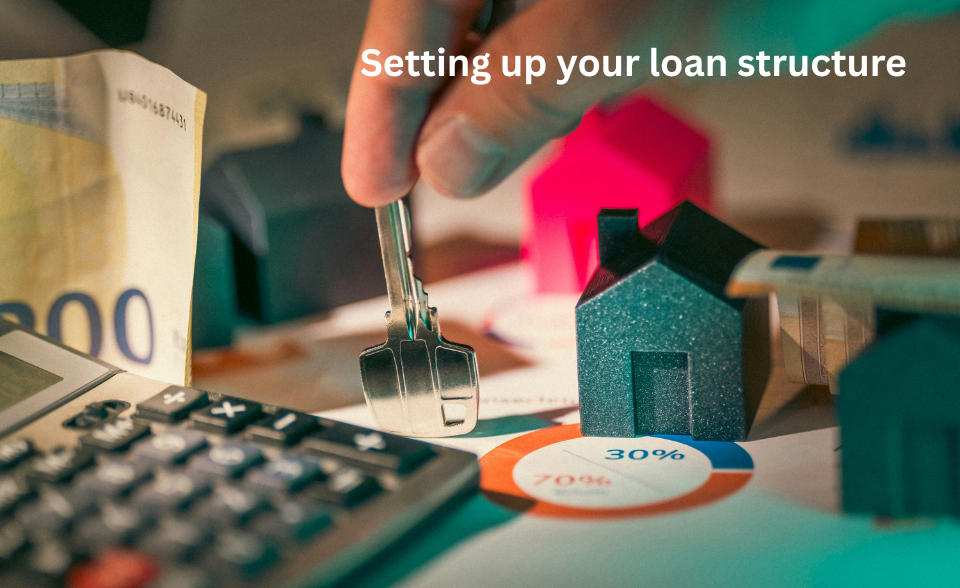Want to purchase a house that is currently owned by your parents, grandparents, or other family member? I can help you with that.
This is becoming an increasingly common way for first-home buyers to get on the property ladder.
More and more often, parents and grandparents are wanting to offer their properties at discounted
rates to help their kids or grandkids achieve the increasingly difficult dream of home ownership.
Fortunately, I’m pleased to say that purchasing a property that you currently live in or one owned by
your parents or family members can be a straightforward process. I’ll talk you through the general
process in what I hope will be a handy guide for all prospective first-home buyers…
The general process to buying a home from family
1. Assess the property’s value
You first need to work out how much the property is worth, as you would any potential purchase. To
help, there are a wide range of free online home value estimates that can give you a ballpark figure,
including those found on QV.co.nz, One Roof, and more. We may need to get a registered valuation down the track, but this is a good starting point.
Then you’ll need to discuss your findings with your relative. Find out how much of a discount they
are willing to offer you, or what they need to clear to make this work for them too.
Selling at market value with a ‘gift of equity’ can be beneficial, as it provides the bank or other lender
with certainty over the property’s value and allows you to realise – or use – the gifted equity if you
ever need to borrow more against this property’s value later on.
Additionally, having more equity makes you a lower risk to the bank. However, be aware that the
bright-line test may create a tax liability for your parents, grandparents, or other family member,
based on the property’s market value, regardless of the sale price.
2. Assess your finances
Following that, you’ll need to figure out your borrowing capacity and the size of the deposit you’ll
need. As a professional mortgage manager, I can definitely help you with this, and give you accurate
and impartial advice.
If the sums work out in your favour – and I’ll certainly do my very best as a specialist home lending
expert to help guide you to get on the right footing financially – then we can proceed to the next
exciting step together.
3. Obtain pre-approval from a bank or other lender
This isn’t nearly as intimidating as it might sound. The advantage of working with an experienced
mortgage broker like myself is I’ll do much of the hard work for you. I’ll shop around to find the best
rates and best terms for you.
Once that’s done, the next step is really simple – because you already know what property you want
to purchase. There’s no need to go house hunting!
4. Sale and purchase agreement
Draft the sale and purchase agreement, including any ‘deed of gift’, or ‘deed of debt’. These are usually drawn up by your parents’ or other family member’s lawyer, or sometimes by your own, and both parties will need separate legal representation.
I can explain what this means in much more detail, but basically a ‘deed of debt’ can protect the
‘gift’ in the event of a relationship split, allowing the ‘debt’ to be repaid to the family member upon
the property’s sale.
A gift, on the other hand, is not expected to be repaid. You’ll need to discuss with a lawyer which
option suits your particular situation the best.
5. Fulfil any final bank conditions and complete the settlement process
Once again, I can help you navigate this part of the home buying process. You will obviously have to
fulfil any of the final conditions that were imposed by the bank or other lender.
These are likely to be fairly common sense – confirm that you are able to get house insurance for the
property, for example, obtain a registered valuation if needed, or get a satisfactory builder’s report that shows the house you wish to purchase is in reasonable condition.
Once all that’s done and dusted, you’ll be able to complete the settlement process – culminating on
a date that suits both parties – and officially become a home owner!
A recent example of a family-owned property purchases
In case it’s helpful or inspirational, I thought I’d briefly touch on a couple of recent family-owned
home purchases that I’ve assisted on.
In recent cases, we have sought pre-approval based on the property’s estimated value. However, the
bank may require a registered valuation as part of their conditions. If your deposit exceeds 20%, you
might also be able to get a loan to pay off other personal debts.
Example scenario:
Property value: $895,000 (estimated)
Parents’ cash requirement: $600,000 (to clear existing mortgage)
Your deposit: $170,000 (combined KiwiSaver and cash savings)
Required lending: $430,000
In this scenario, the difference between the lending, your deposit, and the property’s market value is
$295,000. This amount can be gifted to you as equity through a ‘deed of gift’ or ‘deed of debt’.
At settlement, you would receive $430,000 from the bank, and your lawyer would apply for your
KiwiSaver withdrawal. Your parents would deduct the ‘gift’ from the purchase price, and your lawyer
would transfer $600,000 to your parents.
How to get in touch with me
If a family member is offering to sell you their house, you can reach out to me and I’ll help you
through the process. I can set you on the right path, connect you with a solicitor for legal advice, or
help you start the loan approval process.
Best of all, my help costs you nothing at all, and it could just make purchasing your first home that
much easier. So, feel free to reach out to me via email, phone, or text message.







